Description
About This Book
- Perform publication-quality science using R
- Use some of R’s most powerful and least known features to solve complex scientific computing problems
- Learn how to create visual illustrations of scientific results
Who This Book Is For
If you want to learn how to quantitatively answer scientific questions for practical purposes using the powerful R language and the open source R tool ecosystem, this book is ideal for you. It is ideally suited for scientists who understand scientific concepts, know a little R, and want to be able to start applying R to be able to answer empirical scientific questions. Some R exposure is helpful, but not compulsory.
What You Will Learn
- Master data management in R
- Perform hypothesis tests using both parametric and nonparametric methods
- Understand how to perform statistical modeling using linear methods
- Model nonlinear relationships in data with kernel density methods
- Use matrix operations to improve coding productivity
- Utilize the observed data to model unobserved variables
- Deal with missing data using multiple imputations
- Simplify high-dimensional data using principal components, singular value decomposition, and factor analysis

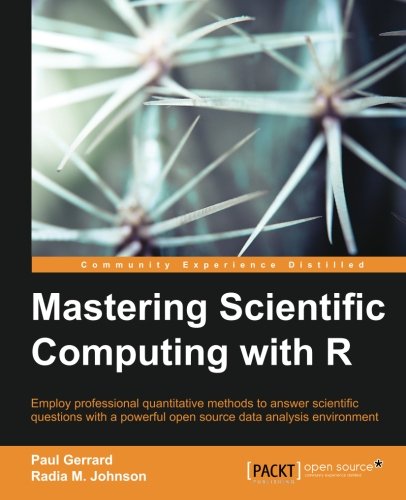
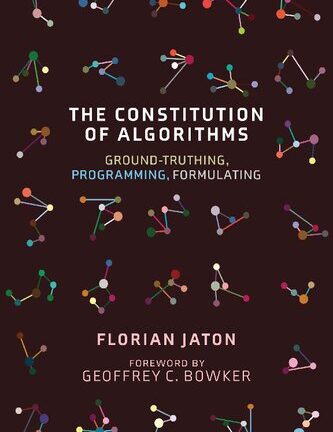
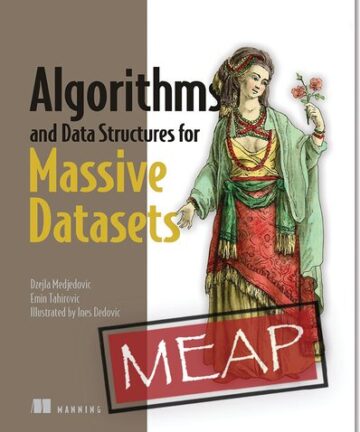
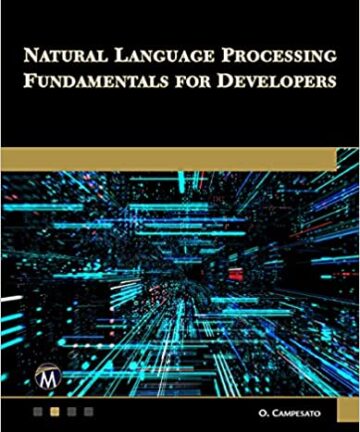
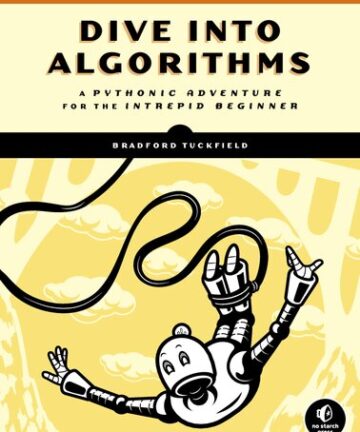
Reviews
There are no reviews yet.